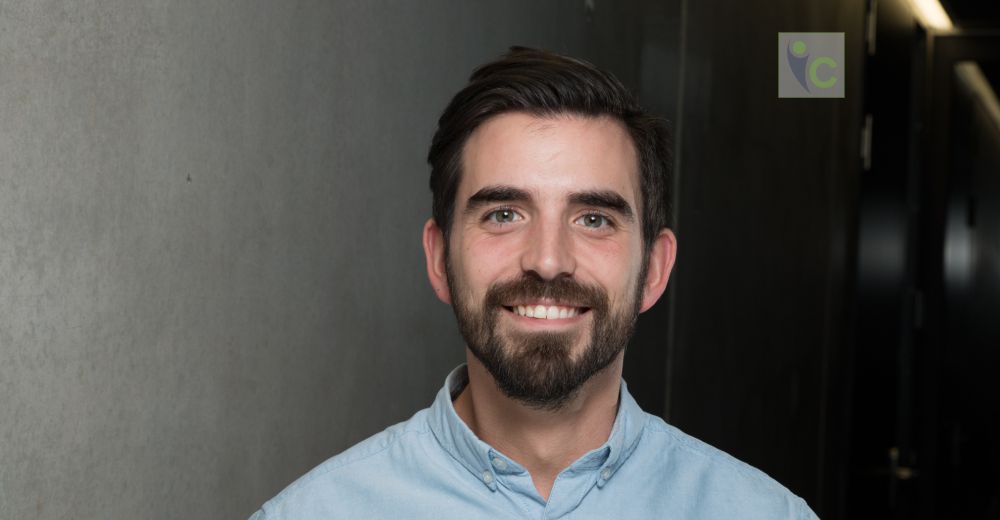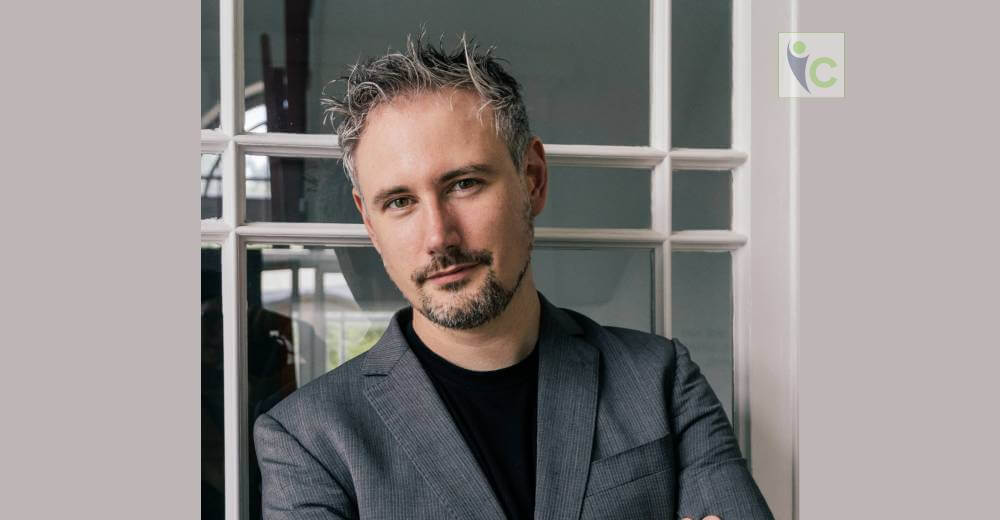More than 200 million people worldwide are affected by blindness and severe vision impairment consecutive to eye diseases. In fact, due to late diagnosis and treatment, many times, people have to face severe consequences. The major reason behind this is the difficulty of assessing the disease state. However, EarlySight has invented a cellular-level imaging modality with remarkable contrast to detect minor structural changes of the retina within a few seconds.
EarlySight was co-founded by Timothe Laforest along with his fellow researcher Mathieu Kunzi. Timothe, the Co-Founder and the CEO of EarlySight is an engineer by profession who is passionate about technologies for life sciences. He obtained his PhD in optoelectronics for biomedical applications in 2015. He then started to develop the EarlySight technology at EPFL as a postdoc together with a former PhD student, Mathieu Kunzi, now CTO at Earlysight.
Through this interview, Timothe elaborates his journey through various struggles to ultimately attain success.
- Being a successful leader, what difficulties and challenges do you face? What keeps you motivated?
The challenge as a startup is to keep focused on our core business bringing the most value to the company. Running a medtech business is an everyday challenge that includes understanding the user needs and the regulatory pathway in order to reach the market as fast as possible. The enthusiasm generated so far in the ophthalmology clinical research and the potential benefit our technology could bring to patients is definitely what keeps me motivated.
- Describe in brief about your company and its products and services.
EarlySight is developing a medical device to help doctors detect and treat eye diseases at an early stage thanks to precise measurements of the eye condition. Our instrument – Cellularis – can provide a ten times more precise image of the retina than the standard of care. Many ocular diseases (e.g. AMD, glaucoma) are starting with the degeneration of the retina cellular structure which is invisible to current examinations. Our instrument takes pictures and quantifies the retinal cells. According to ophthalmologists, it will greatly improve the diagnosis and treatment follow-up by providing objective evidence of the disease progression.
- What advice would you give to the upcoming entrepreneurs and healthcare professionals?
As a young entrepreneur, my advice to upcoming entrepreneurs would be to keep in mind the long-term goal and orient the development with user needs.
- What is your opinion regarding the current landscape of the healthcare market EasrlySight caters to?
Ophthalmology is rapidly changing both technology-wise and treatment-wise. It is a medical field driven by imaging, where key opinion leaders and pharmaceutical companies are eager for new technologies. Diagnosis, treatment follow up and the development of new molecules rely a lot on imaging technologies to make a decision on the treatment course or to assess the efficacy of new drugs. Even if the outcomes are still based on functional endpoints, which take longer to obtain, regulatory authorities are progressively accepting imaging endpoints.
- How is the advancement in technology changing the healthcare space?
The medtech companies are facing the challenge of the artificial intelligence revolution. A hardware advancement needs now to be coupled to a software advancement in order to fit the new model of diagnosis in ophthalmology. The tremendous added value of AI has nonetheless to be implemented with caution to be widely adopted. As a starting business, since AI models require an enormous amount of data, it is a challenge to collect data from scratch in order to implement such a model.
- Please tell us about your achievements and accomplishments
While the first-in-human study performed in 2019 generated huge interest in the research community (Nat Photonics, April 2020), we expect the clinical study starting in April 2020 over 100 patients and control groups to be the first step towards the regulatory certification of Cellularis. This clinical study will be implemented at Jules Gonin Eye Hospital – Fondation Asile des Aveugles in Lausanne, a world-class centre in ophthalmology research. The goal is to investigate different pathologies and describe their effect on retinal tissues at the cellular level. Another outcome of the study will be the database of images on healthy participants.
During the first year of activity, EarlySight won a European grant, EIT Health Headstart.
- Where do you envision yourself and your company in the near future?
EarlySight is expected to enter the market in 2021. Cellularis will be first sold in the EU, followed by the US market. This first market phase will help in gathering clinical data and prove the diagnosis power of the technology. We expect Cellularis to be used in routine examination and progressively adopted in clinics within a few years. We are planning a fundraising round for the end of 2020 to expand the team, enter the market and increase the production of Cellularis.








